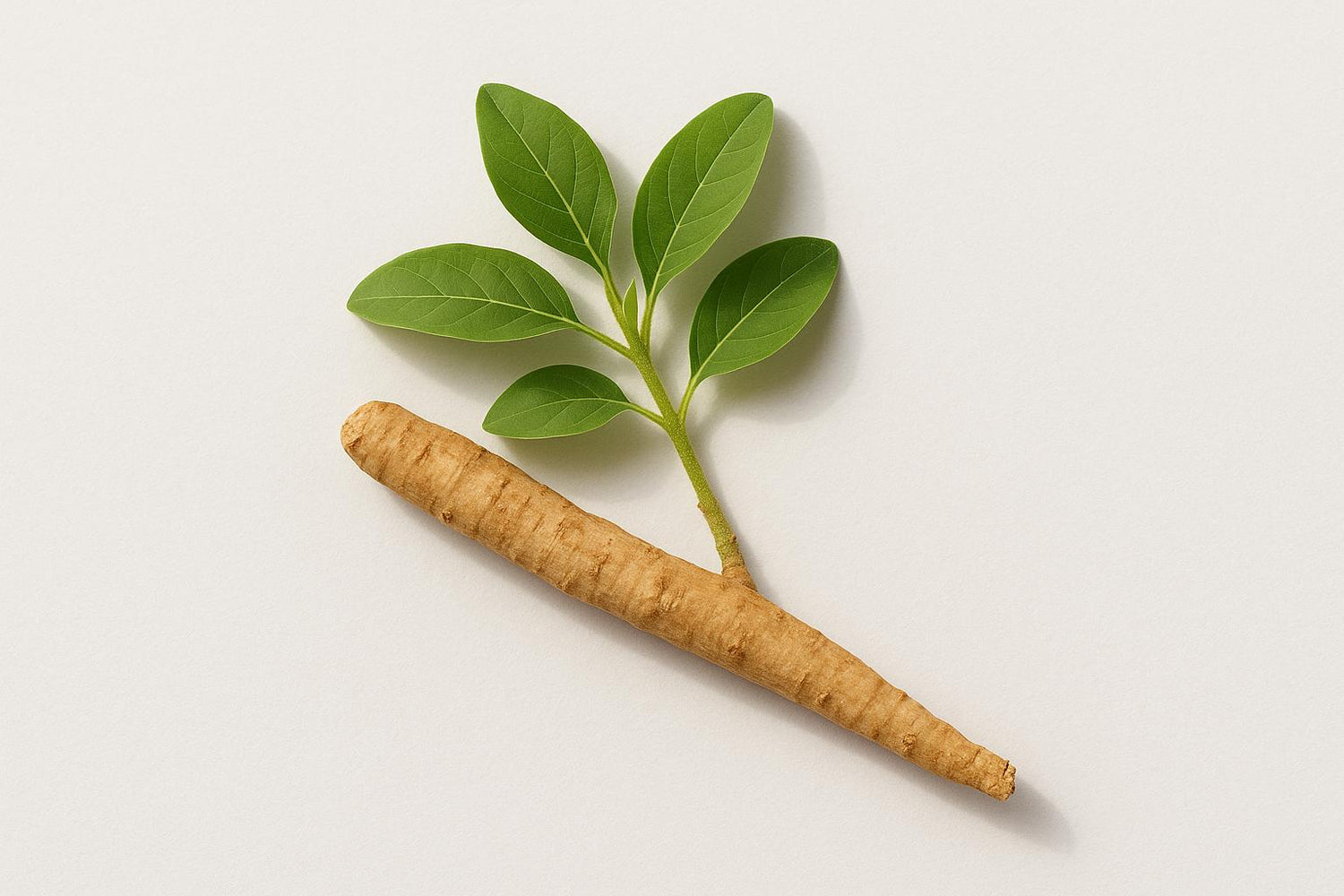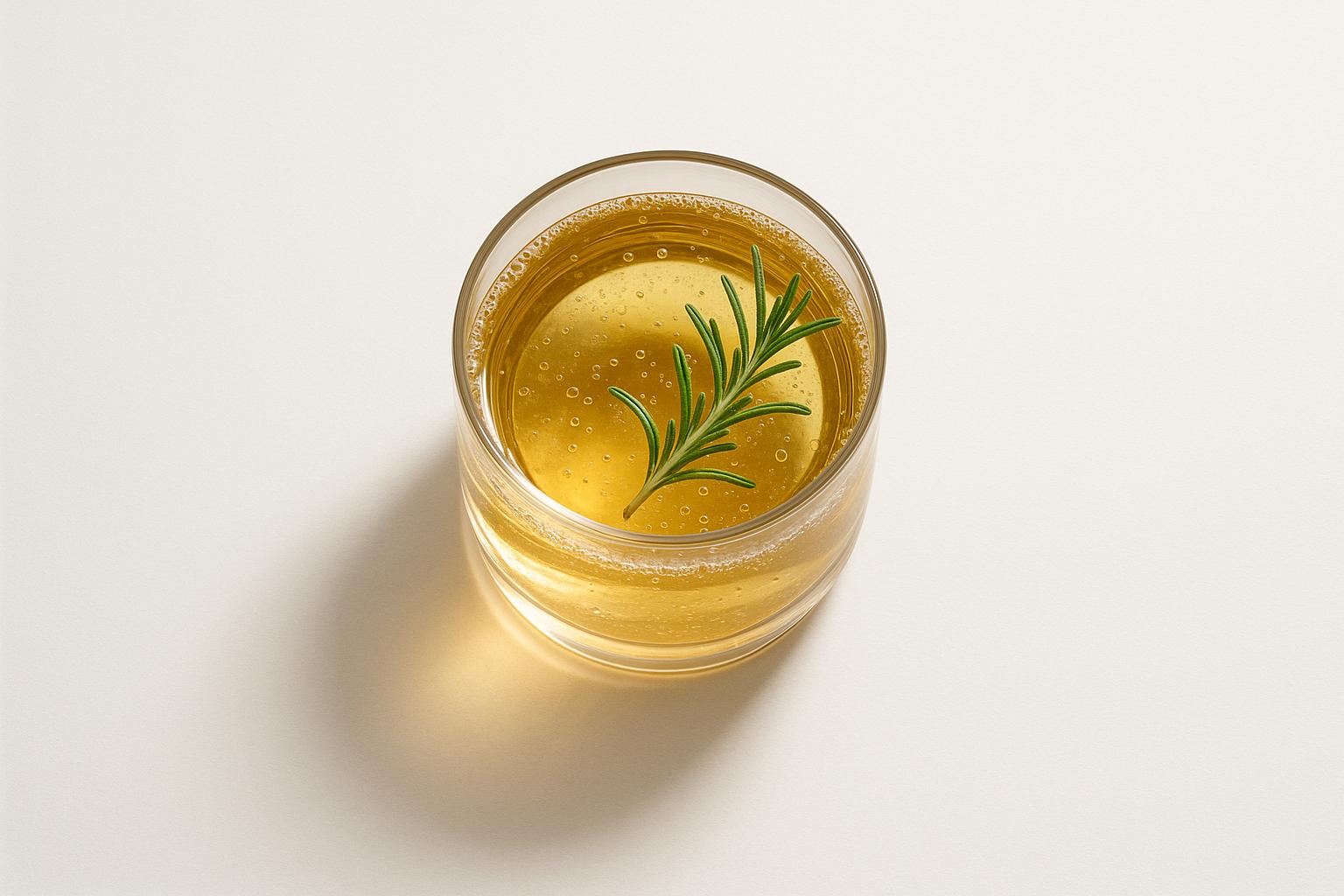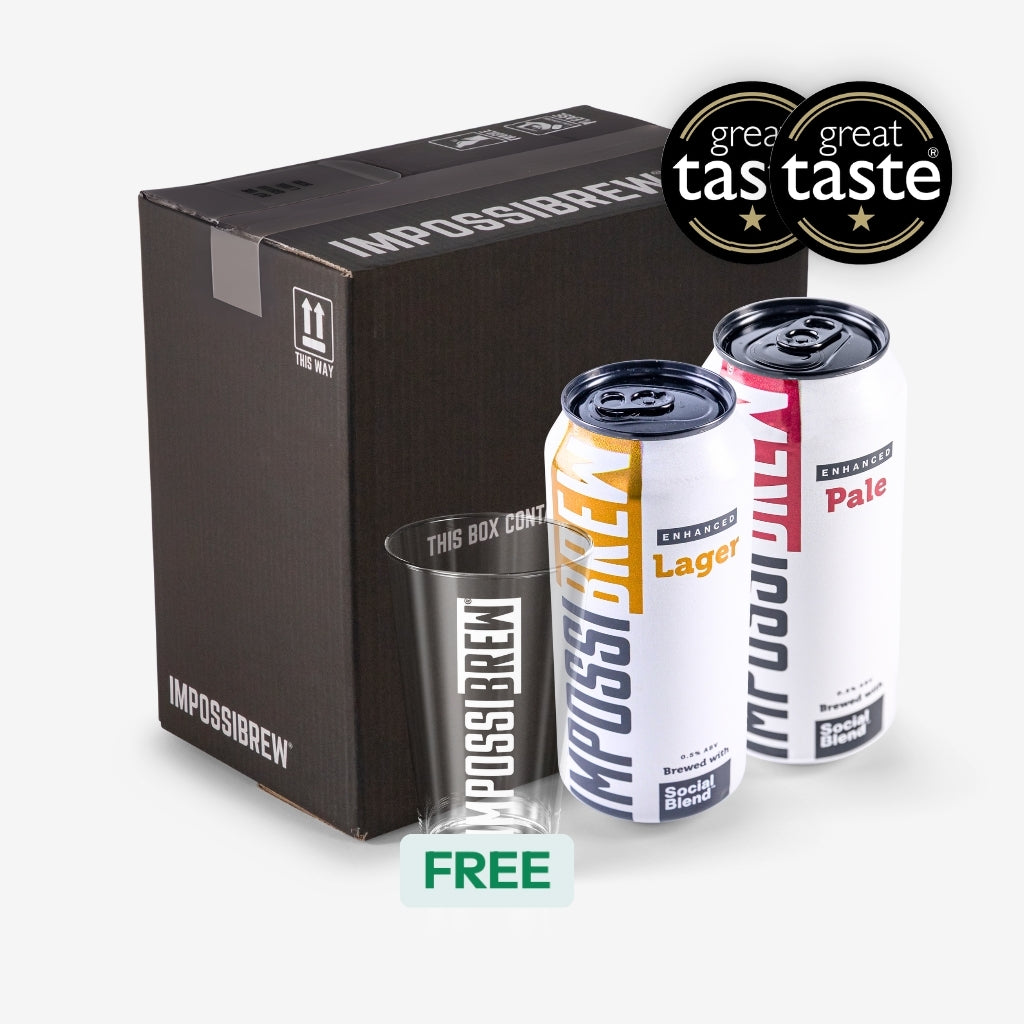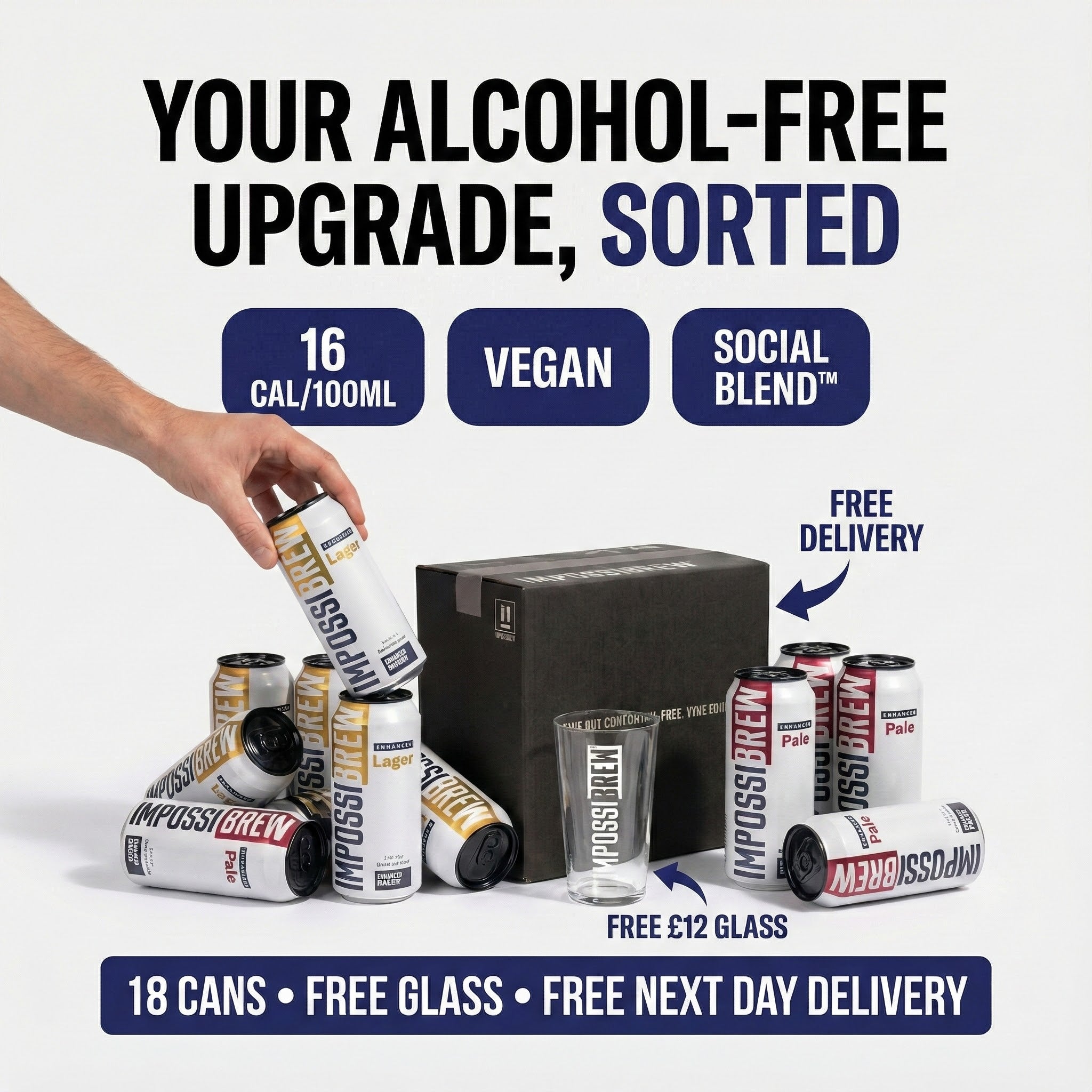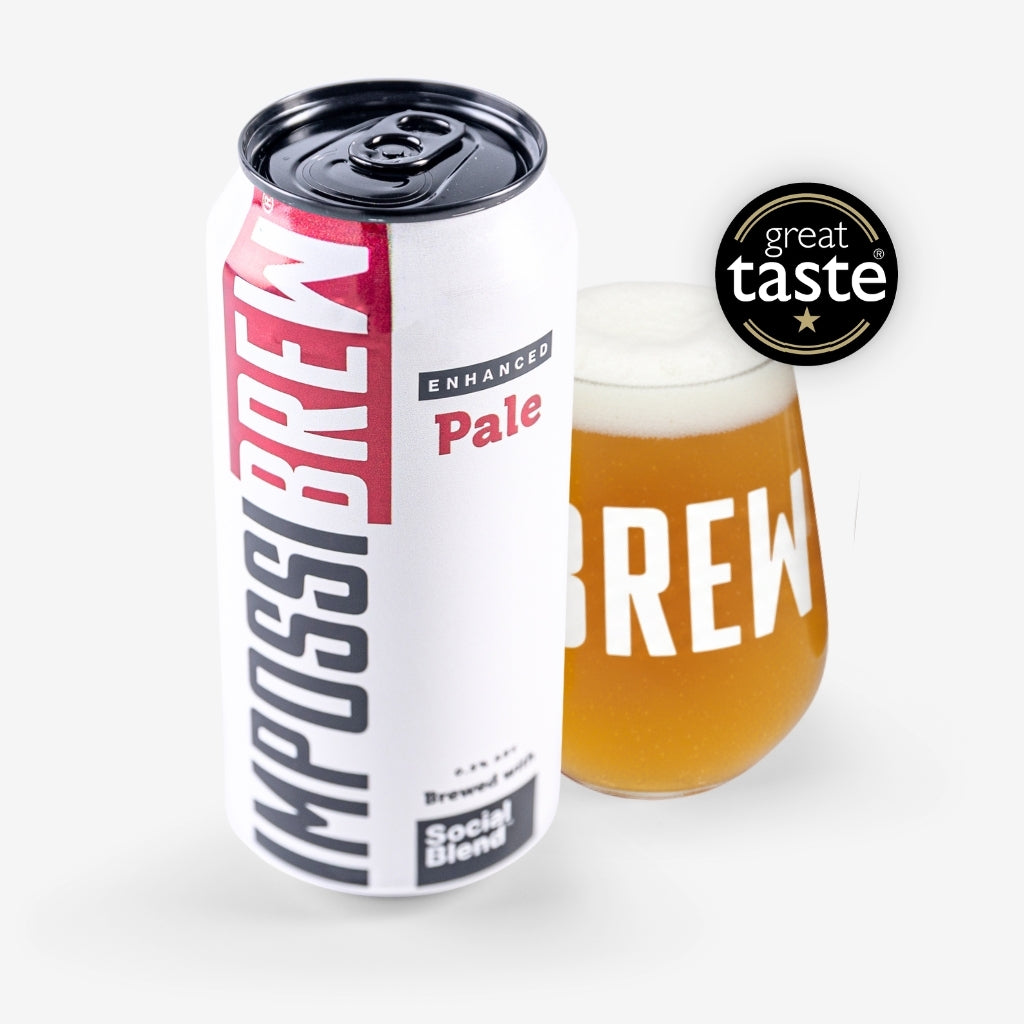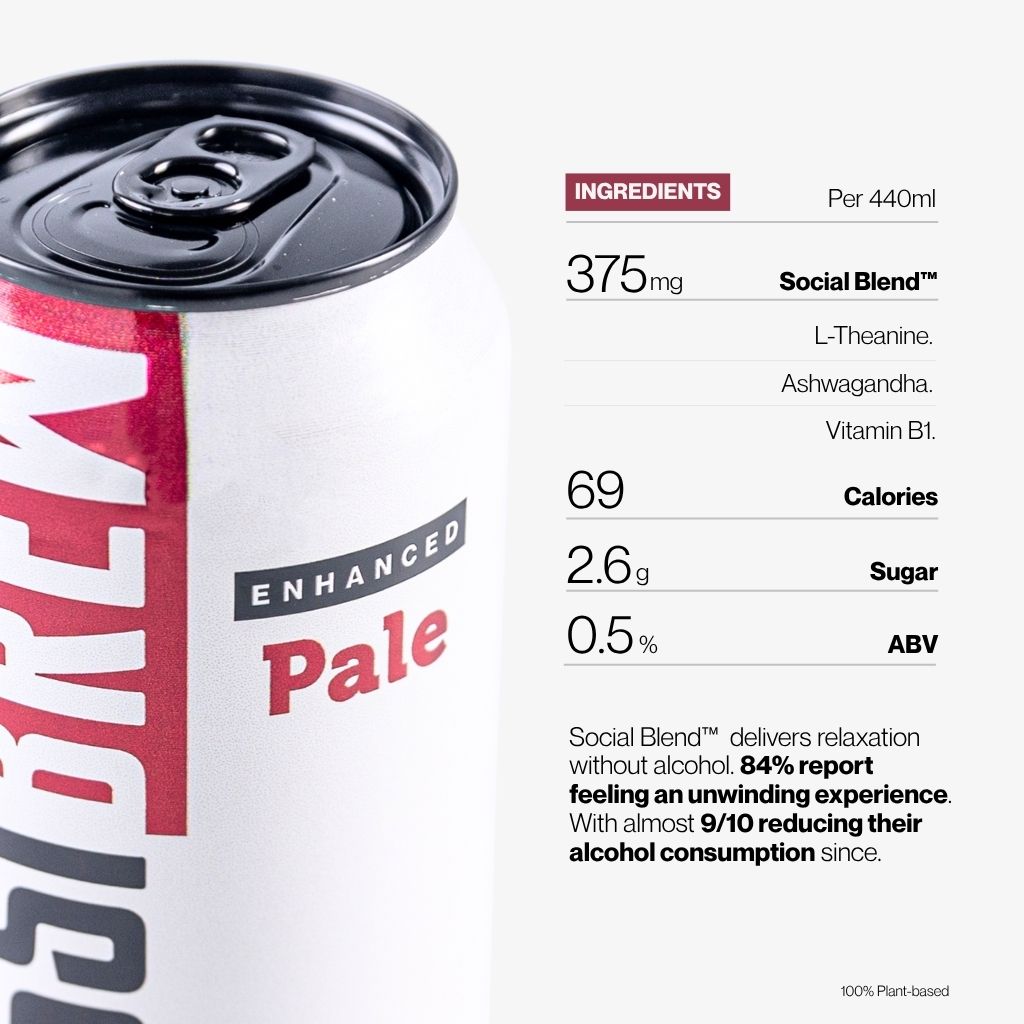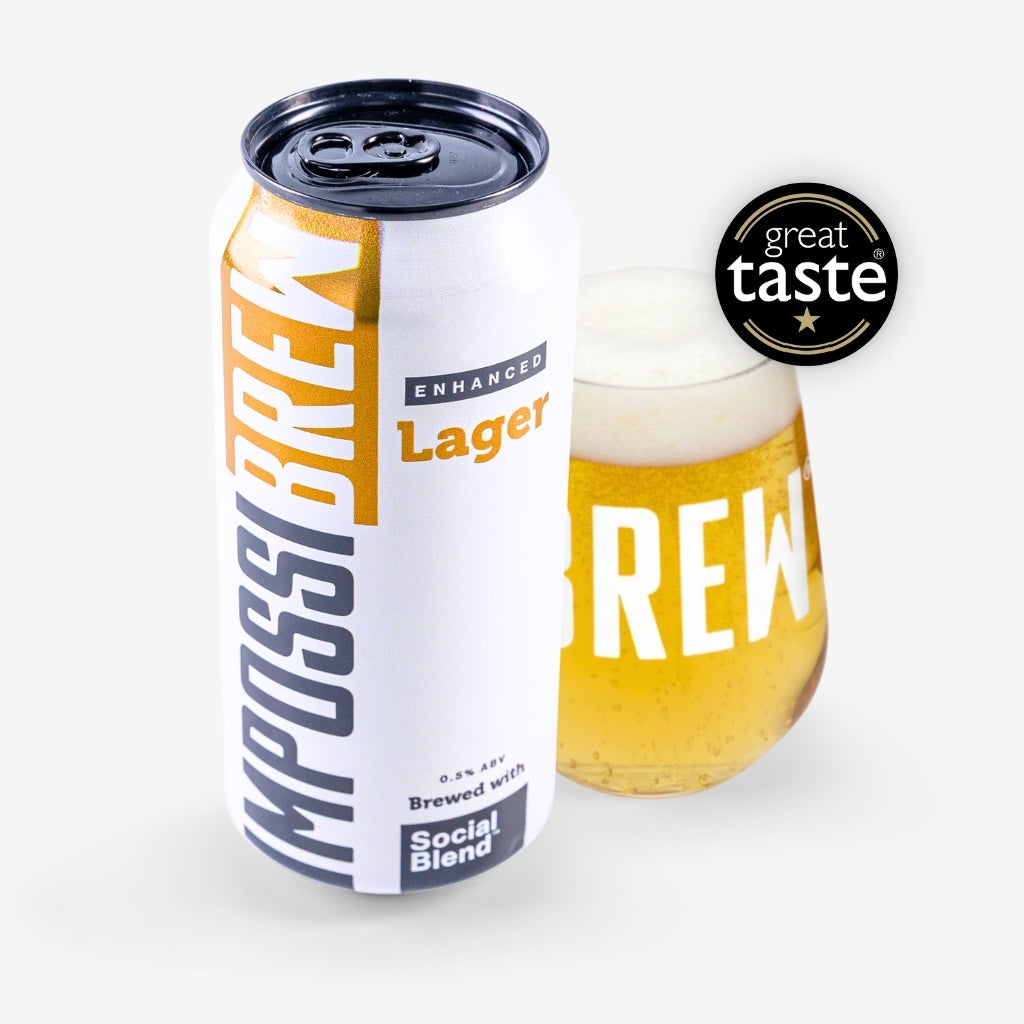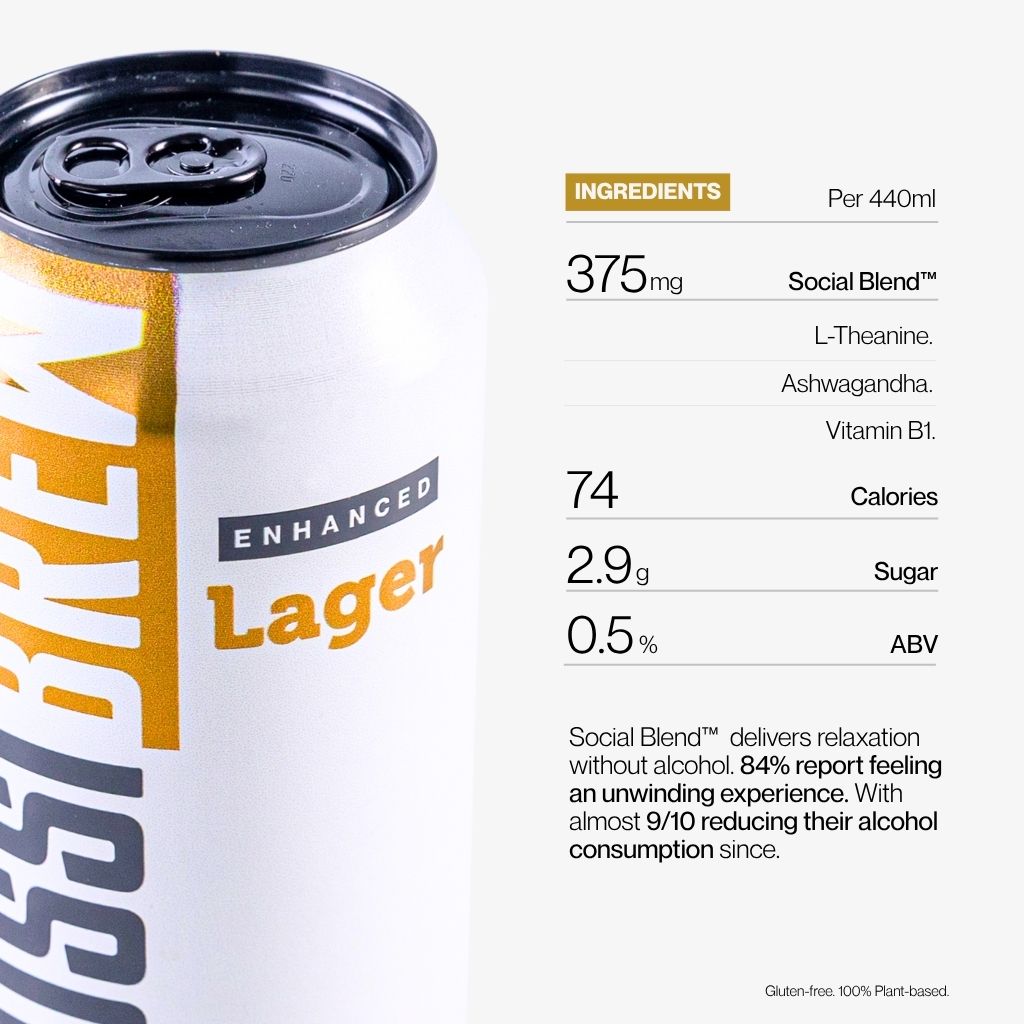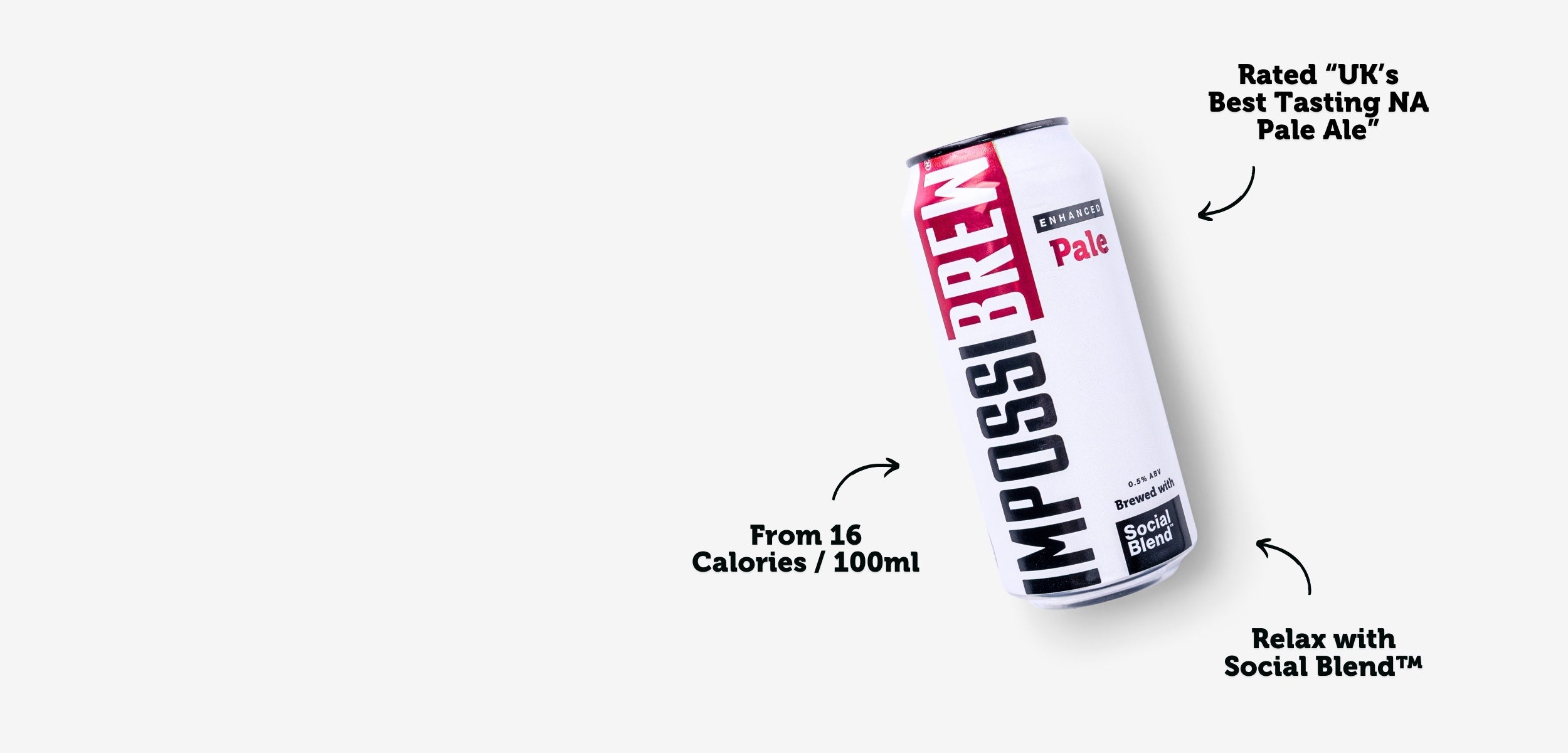Stress is everywhere, but managing it effectively starts with understanding how your body reacts. This article explores stress hormones like cortisol and adrenaline, and how natural substances called adaptogens can help regulate them. Small-scale studies reveal that adaptogens, such as ashwagandha and Panax ginseng, may reduce stress, balance hormones, and improve focus. Though results are promising, larger studies are needed to confirm these effects.
Key Points:
- Stress Hormones: Cortisol (long-term stress), adrenaline, and noradrenaline (immediate stress response) are central to how your body handles pressure.
- Adaptogens: Plant-based compounds that support the body’s stress response by interacting with the HPA axis and regulating cortisol levels.
- Examples: Ashwagandha (reduces cortisol), Rhodiola rosea (combats fatigue), and Panax ginseng (supports mental clarity).
- Small-N Trials: Useful for studying individual responses but limited in generalising findings. Larger, standardised studies are needed.
Adaptogens are increasingly used in functional products like non-alcoholic beers, offering stress relief and cognitive support. While early research is encouraging, consistent use and a healthy lifestyle are key for best results.
Key Adaptogens and Their Effects on Stress Hormones
Adaptogens Studied in Small-N Trials
Research highlights several adaptogens that have shown potential in regulating stress hormones. Among the most studied are Ashwagandha (Withania somnifera), Panax ginseng, Schisandra chinensis, Eleutherococcus senticosus (commonly known as Siberian ginseng), and Rhodiola rosea [1][2].
Ashwagandha is particularly notable for its ability to lower cortisol levels and improve resilience to stress. Traditionally used in Ayurvedic medicine for its calming effects, this herb has also found its way into modern wellness products. For instance, IMPOSSIBREW®’s Social Blend™ combines Ashwagandha with L-Theanine and Vitamin B1 to encourage relaxation [6].
Panax ginseng has been shown to enhance mental performance and inhibit enzymes that break down stress hormones, helping to maintain hormonal balance [1].
Schisandra chinensis has demonstrated the ability to regulate both cortisol and nitric oxide levels, aiding in better adaptation to physical and mental stress [1].
Rhodiola rosea has proven effective in clinical trials, particularly in combating fatigue. In studies involving 60 participants, this adaptogen significantly improved stress resilience and mental performance under conditions of stress-induced exhaustion [7].
Eleutherococcus senticosus also plays a role in enhancing stress resilience. It supports immune function, boosts endurance, and promotes cognitive performance [2].
These findings provide a foundation for exploring how adaptogens interact with stress hormones, as discussed in the next section.
Impact on Stress Hormones
Small-scale studies have shown that adaptogens help regulate cortisol by reducing elevated levels and supporting the adrenal glands' recovery process, without simply suppressing the body’s natural stress response [1][2].
A key mechanism behind these effects lies in the adaptogens' influence on the hypothalamic-pituitary-adrenal (HPA) axis. By modulating the release of corticotropin-releasing hormone (CRH) and adrenocorticotropic hormone (ACTH), they help manage cortisol secretion. This regulation prevents the hormonal imbalances that often occur during prolonged stress [1][2].
Specific studies highlight these mechanisms in action. For instance, Ashwagandha supplementation has been linked to significant reductions in salivary cortisol levels, alongside improvements in self-reported stress levels [1]. Similarly, studies involving Schisandra chinensis have shown decreased cortisol and nitric oxide levels following physical exertion, indicating better recovery from stress [1]. Panax ginseng has been found to stabilise stress hormone levels by preventing the breakdown of these hormones during challenging situations [1].
Additionally, adaptogens are known to influence cellular protection and repair by regulating heat shock proteins (like Hsp70/Hsp72), stress-activated kinases (such as JNK1), and FOXO factors [2].
These findings are increasingly being applied in practical ways. For example, IMPOSSIBREW®’s Social Blend™ is supported by 52 randomised, double-blind, peer-reviewed studies. A landmark study in 2025 involving over 2,000 participants revealed that 84% reported feeling more relaxed after consuming the blend. Another study with over 1,000 participants found that more than 70% experienced relaxation [6].
For best results, research suggests that adaptogens should be taken consistently over time. Their effects are generally gradual and may take several weeks to become noticeable [5].
Adaptogens for Cortisol: Ashwagandha & Rhodiola Benefits
How Adaptogens Work: Stress and Cognitive Mechanisms
Adaptogens work by interacting with the body’s stress response systems, helping to balance hormones and support mental function through a variety of interconnected processes.
Cortisol Regulation and HPA Axis Support
The hypothalamic-pituitary-adrenal (HPA) axis is the body’s main stress response network, and adaptogens play a role in fine-tuning its activity during demanding situations. Rather than shutting down stress responses, these compounds adjust the release of crucial hormones. For example, Panax ginseng and Eleutherococcus senticosus influence enzymes near stress hormone receptors, which helps break down excess cortisol. This prevents harmful cortisol build-up during periods of prolonged stress. Studies have shown measurable drops in salivary and plasma cortisol levels in individuals using these adaptogens [1][2]. By managing cortisol levels, adaptogens provide a foundation for further brain-related benefits.
Enhancing Neurotransmitter Activity
Adaptogens also support neurotransmitter systems, particularly those tied to mood and stress regulation, like GABA and serotonin pathways. Compounds such as Rhodiola rosea and Withania somnifera help boost GABA signalling, reducing anxiety and promoting emotional stability. At the same time, they support serotonin levels, fostering a more positive mood and greater stress tolerance.
A practical example of this is found in products like IMPOSSIBREW®'s Social Blend™, which combines ingredients like L-Theanine, Ashwagandha, and Vitamin B1. L-Theanine promotes mental relaxation by increasing alpha brain waves and serotonin activity, while the overall blend helps counter stress and anxiety. Research backs these effects, showing notable improvements in relaxation and stress response [6].
These adjustments to neurotransmitter systems encourage a sense of calm and emotional balance, without the sedative effects often associated with medications. This makes adaptogens a natural option for promoting better mood and stress handling. But their benefits don’t stop there - they also work at the cellular level to build resilience.
Cellular and Mitochondrial Benefits
Beyond hormonal and neurotransmitter regulation, adaptogens offer cellular-level support that strengthens the body’s ability to handle stress. Acting as mild stress mimics, adaptogens activate the stress response system through hormesis, a process that helps cells adapt and become more resilient to future challenges. One key mechanism involves increasing heat shock proteins, like Hsp70, which protect neurons from stress-related damage.
Adaptogens also influence stress-activated protein kinases such as JNK1 and transcription factors like FOXO/DAF-16, aiding cellular adaptation and reducing mental fatigue during stressful periods. Additionally, Panax ginseng and Rhodiola rosea have been shown to enhance mitochondrial efficiency, lower oxidative stress, and boost ATP production, which improves cellular energy levels. Emerging evidence even suggests that certain adaptogens may affect gut signalling and barrier function, potentially improving mood and stress resilience through the gut–brain connection [1][2][5].
Together, these mechanisms highlight how adaptogens provide comprehensive stress protection. When used consistently, they help fortify the body’s natural defences, supporting both stress management and cognitive health over time.
Cognitive Benefits: Evidence from Small-N Trials
Research from smaller trials suggests that adaptogens can improve cognitive performance, especially under stress. These findings highlight their potential to support mental sharpness and resilience during demanding situations.
Improved Mental Focus and Clarity
Adaptogens like Panax ginseng, Rhodiola rosea, and Withania somnifera have been shown to enhance focus and clarity in stressful conditions. For example, studies on Rhodiola rosea reveal quicker reaction times and sustained mental sharpness during prolonged tasks. Similarly, trials involving Panax ginseng indicate better cognitive performance under pressure, with participants reporting clearer thinking, faster decision-making, and improved reaction speeds. This aligns with its ability to boost cellular energy and protect the brain.
The benefits of these adaptogens seem to be most evident during periods of heightened mental strain, helping to maintain brain function when it's needed most. Beyond enhancing focus, adaptogens also play a role in reducing mental fatigue.
Lower Fatigue and Stress Levels
Trials have also highlighted how adaptogens can alleviate mental fatigue and reduce perceptions of stress. For instance, a clinical trial with 60 participants demonstrated that Rhodiola rosea significantly reduced mental tiredness and stress, while enhancing performance under pressure [7].
Research on Eleutherococcus senticosus shows its ability to improve tolerance to mental exhaustion, helping individuals maintain cognitive energy during extended periods of effort. Additionally, many participants in these studies reported a gradual improvement in their ability to handle mental challenges over time. This suggests that adaptogens may work by gently strengthening the body's stress-response mechanisms with repeated use.
These findings have practical applications. For example, IMPOSSIBREW®'s Social Blend™ incorporates these well-studied adaptogens to promote mental clarity and resilience in a user-friendly format.
sbb-itb-a752bf8
Adaptogens in Functional Beverages
The rise of wellness trends has led to the growing popularity of adaptogens in functional beverages. These drinks blend traditional brewing techniques with adaptogens backed by scientific research, offering stress relief and cognitive support without the side effects of alcohol. This fusion bridges the gap between laboratory findings and everyday consumer needs.
Adaptogens in Non-Alcoholic Functional Beers
Non-alcoholic functional beers have emerged as a unique way to deliver the benefits of adaptogens. Ingredients like ashwagandha, Panax ginseng, and Rhodiola rosea are added to these beverages to help reduce stress and enhance mental clarity. These adaptogens work by regulating the HPA axis, which helps balance cortisol levels without causing drowsiness [1][2].
What makes adaptogens in beer-style beverages particularly appealing is their ability to provide functional benefits while maintaining familiar flavour profiles. This makes them ideal for those looking for a relaxing social drink without alcohol.
To cater to UK consumers, these beers are often formulated to meet dietary preferences, including vegan and gluten-free options. Careful attention is given to dosage to ensure the adaptogens are effective without causing unwanted side effects.
The brewing process itself offers a distinct advantage for adaptogen integration. Unlike basic supplements, functional beers use fermentation to enhance the bioavailability of active compounds, allowing for a controlled release. This process not only supports energy production at the cellular level but also helps combat oxidative stress, leading to improved mental clarity and reduced fatigue [1][2].
By incorporating adaptogens into everyday beverages, these products make stress management more accessible and enjoyable.
IMPOSSIBREW®'s Social Blend™
Taking these concepts further, IMPOSSIBREW® has developed its Social Blend™ to combine the comforting taste of traditional beverages with scientifically supported relaxation benefits. Their proprietary, patent-pending formula blends nootropic and adaptogenic ingredients to provide the social and sensory experience of alcoholic drinks without the drawbacks. The blend is designed to promote relaxation and calmness by enhancing alpha brain wave activity and increasing serotonin production.
Key ingredients in the Social Blend™ include ashwagandha root (Withania somnifera), a staple of Ayurvedic medicine known for its stress-relieving properties, and L-Theanine, an amino acid often used to encourage relaxation. These are paired with Vitamin B1 (Thiamine), soluble plant fibres, and other nootropic plant extracts to create a well-rounded solution for managing stress.
A notable study conducted in 2025 with over 2,000 participants revealed that 84% experienced increased relaxation, while 88% reported a reduction in alcohol consumption [6].
IMPOSSIBREW® offers this blend across its product line, including Enhanced Lager and Enhanced Pale Ale, with prices starting at £1.97 per can. These beverages, containing less than 0.5% ABV, provide the functional benefits of adaptogens in a low-calorie, vegan-friendly format. For those with dietary restrictions, the Enhanced Lager is also available as a gluten-free option, ensuring inclusivity for a wide range of consumers in the UK.
Research Challenges and Future Directions
Limitations of Small-N Trials
Small-scale trials in adaptogen research come with a host of challenges, which limit our ability to fully understand how these substances influence stress hormone regulation. A key issue is the lack of statistical power, making it tough to spot subtle effects or apply findings to the general population [1]. Small sample sizes can lead to random errors, skewing results and making it harder to draw solid conclusions about how adaptogens affect cortisol levels or cognitive performance.
Adding to the complexity are inconsistencies in research methods. Differences in dosing, treatment duration, and measurement approaches - such as comparing saliva tests to blood tests - make it difficult to compare results across studies [1][2]. For instance, research into adaptogens like Panax ginseng and Withania somnifera has shown both positive and neutral outcomes, leaving a confusing picture. A clinical trial involving 60 participants and Rhodiola rosea reported antifatigue benefits, but researchers acknowledged the need for larger studies to confirm these effects [7]. Additionally, issues like weak blinding and inadequate controls in some trials can introduce bias, where participants' expectations might influence both subjective stress ratings and measurable outcomes like cortisol levels.
These hurdles highlight the pressing need for more rigorous and standardised research methods in future studies.
Future Research Priorities
Overcoming these limitations is vital to advancing our understanding of adaptogens. To build a stronger evidence base, larger and more comprehensive studies are necessary to confirm both the efficacy and safety of adaptogens in diverse populations [1][2]. Robust clinical data will not only deepen scientific insights but also guide the development of products like IMPOSSIBREW®'s Social Blend™. Future research should focus on addressing key gaps, such as long-term safety, optimal dosage, interactions with medications, and effects on individuals dealing with chronic stress or other health conditions.
Randomised controlled trials with larger, more representative UK samples should become the benchmark for adaptogen research [1][2]. These studies should incorporate standardised methods for measuring stress hormones - like consistent salivary cortisol protocols - and combine objective cognitive tests with subjective assessments. Leveraging wearable technology and digital cognitive tools could also enhance the precision and reliability of collected data [1][2].
IMPOSSIBREW® has already set an example by conducting large-scale studies. In 2025, the company ran a flagship study on its Social Blend™ with over 2,000 participants, building on earlier research involving more than 1,000 participants [6]. These efforts reflect a commitment to rigorous study designs capable of producing dependable findings.
Longitudinal studies are another critical area for future research. While most current studies focus on short-term effects, understanding the long-term impact of adaptogens on stress hormones and cognitive function is essential - especially for products like functional beverages that are consumed regularly.
Additionally, multi-centre trials across various UK regions could help address demographic gaps by including participants from diverse ethnic groups, older adults, and those with chronic health conditions. Aligning these studies with regulatory guidelines from the MHRA would ensure that research adheres to high standards for safety monitoring, study design, and reporting [2]. This would help ensure that adaptogen-based functional beverages meet stringent safety and efficacy criteria before they hit the shelves in the UK.
As the demand for adaptogen-infused non-alcoholic functional drinks continues to grow, robust clinical evidence is crucial to back health claims and ensure consumer safety. Transparent reporting of research methods and outcomes - including negative results - will not only build trust but also drive meaningful progress in the field.
Conclusion: Adaptogens for Stress and Cognitive Health
Research from small-scale studies suggests that adaptogens like Panax ginseng and Eleutherococcus senticosus can help regulate the HPA axis and lower excessive cortisol levels. This hormonal balance plays a key role in managing stress and building resilience [1][2].
These studies also highlight cognitive benefits, showing that adaptogens may enhance mental performance by influencing neurotransmitter activity and boosting cellular energy production [2][3]. Participants have frequently reported reduced mental fatigue, sharper focus, and improved clarity - results supported by measurable outcomes [2][3][4].
Adaptogens work through a variety of mechanisms. Beyond cortisol regulation, they also support neurotransmitter function and energy production at the cellular level [5][2]. This multifaceted approach helps explain why users often experience less stress, better focus, reduced fatigue, and greater resilience in challenging situations [2][3][4]. These mechanisms form the foundation for their use in functional products.
A prime example of this is IMPOSSIBREW®'s Social Blend™, which combines adaptogenic ingredients backed by science to offer stress relief and cognitive support while mimicking the relaxing social effects of alcohol. This innovative solution aligns with the growing demand in the UK for non-alcoholic, functional beverages.
For those in the UK looking to add adaptogens to their daily lives, evidence suggests they work best when paired with a healthy lifestyle. Products with clear ingredient transparency, supported by scientific claims and adhering to local regulations - like IMPOSSIBREW®'s vegan-friendly and low-calorie options - offer an accessible way to tap into the stress-relieving and cognitive benefits of adaptogens.
While these small-scale studies provide promising insights, larger randomised controlled trials are needed to confirm these findings and deepen our understanding of how adaptogens support stress and cognitive health.
FAQs
How do adaptogens like ashwagandha and Panax ginseng help regulate stress hormones through the HPA axis?
Adaptogens like ashwagandha and Panax ginseng are thought to help the body manage stress by influencing the hypothalamic-pituitary-adrenal (HPA) axis. This system plays a crucial role in controlling stress hormones, such as cortisol, which the body releases in response to physical or emotional challenges.
Preliminary research from smaller studies suggests that these adaptogens may help stabilise cortisol levels, preventing extreme spikes during high-stress moments. This balance could encourage a more relaxed state of mind and even boost cognitive function in specific situations. Although more extensive research is needed, adaptogens are gaining attention as natural options for stress management and mental focus.
Why are small-scale trials on adaptogens limited, and what makes larger studies important?
Small-scale trials, often called small-N studies, play an important role in examining how adaptogens influence stress hormones and cognitive function under controlled conditions. These studies offer initial insights but, due to their small sample sizes, their results might not apply to wider, more diverse groups.
To validate these findings, larger studies are crucial. With greater statistical power, they can better account for individual differences and provide a clearer picture of how adaptogens might help manage stress and enhance mental focus on a broader scale.
How do adaptogens help with mental focus and reducing fatigue during stressful situations?
Adaptogens are plant-based substances thought to assist the body in handling stress by helping to regulate stress hormones like cortisol. By encouraging this balance, they may contribute to sharper mental focus, clearer thinking, and reduced fatigue - especially during demanding or high-stress situations.
Although research is still emerging, smaller studies indicate that adaptogens might also play a role in maintaining energy levels and resilience under stress, potentially boosting cognitive performance. While experiences can differ from person to person, these findings suggest adaptogens could serve as a natural option for managing stress and supporting mental well-being.

